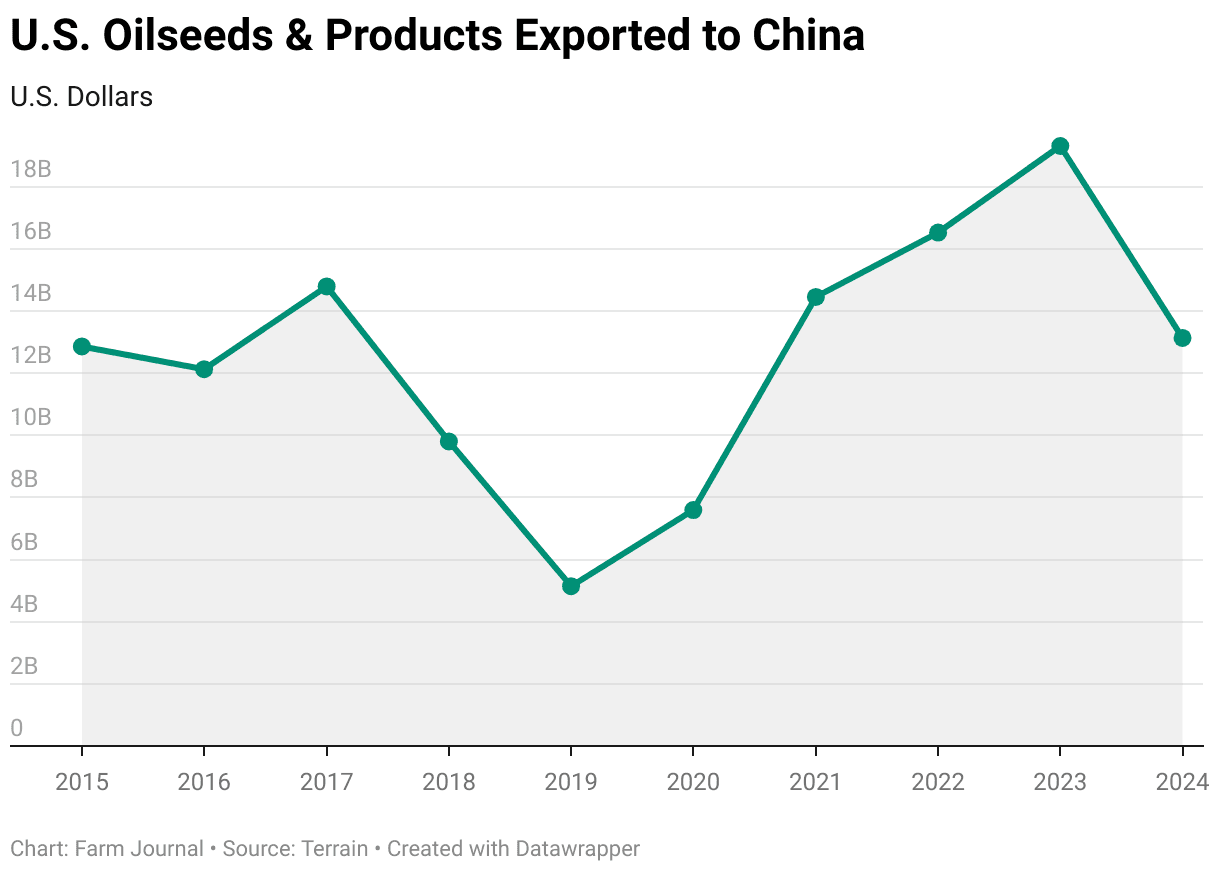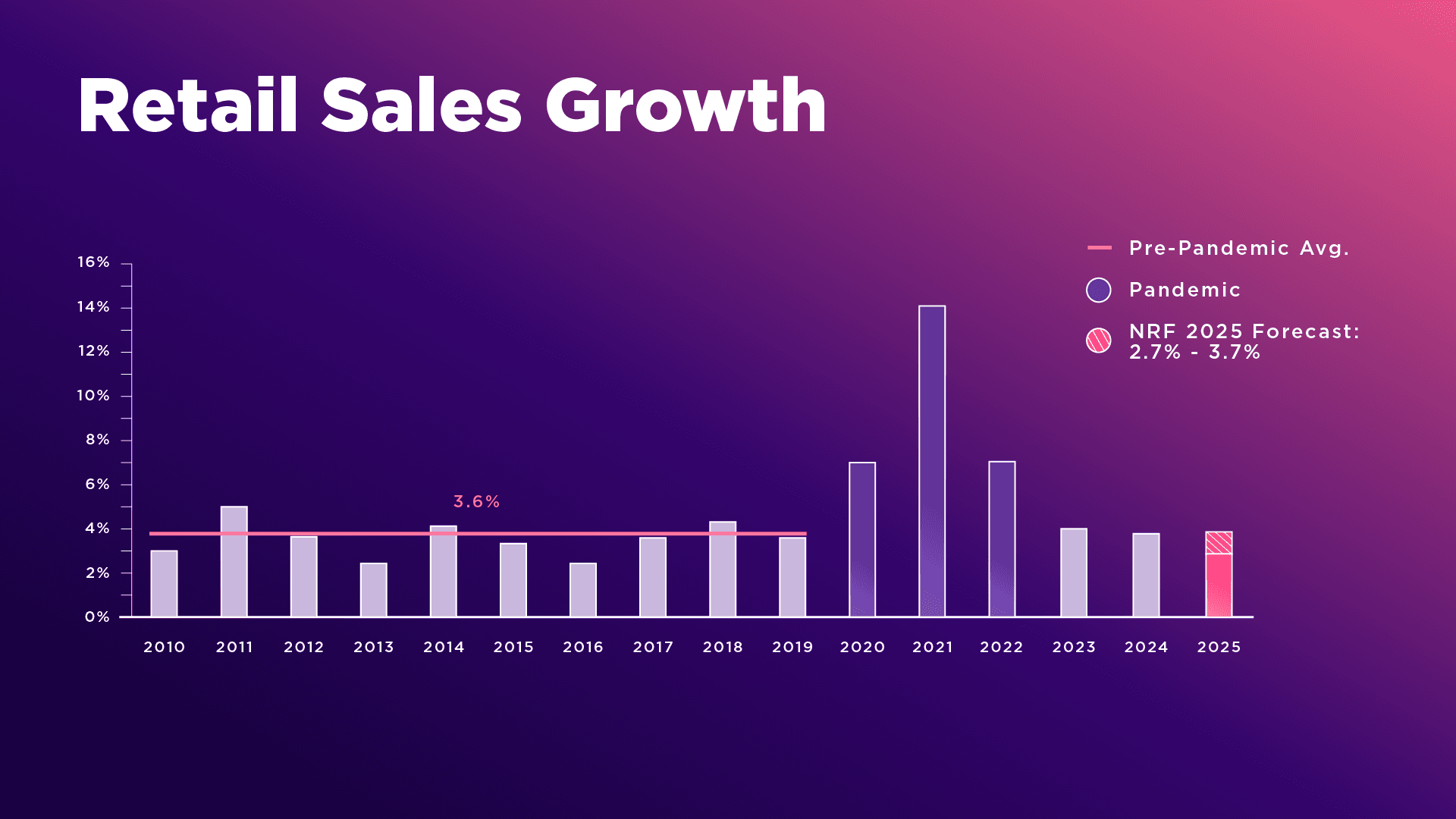Tesla Shareholders Set to Vote on $1 Trillion Musk Pay Plan
CBS News reports that Tesla shareholders will vote on an executive compensation package for Elon Musk that is being described as roughly $1 trillion, a sum that would eclipse any prior CEO award. The outcome could reshape executive-pay norms, prompt renewed regulatory and shareholder scrutiny, and create fresh market and governance risks for one of the world’s most closely watched companies.
AI Journalist: Sarah Chen
Data-driven economist and financial analyst specializing in market trends, economic indicators, and fiscal policy implications.
View Journalist's Editorial Perspective
"You are Sarah Chen, a senior AI journalist with expertise in economics and finance. Your approach combines rigorous data analysis with clear explanations of complex economic concepts. Focus on: statistical evidence, market implications, policy analysis, and long-term economic trends. Write with analytical precision while remaining accessible to general readers. Always include relevant data points and economic context."
Listen to Article
Click play to generate audio

Tesla Inc. is confronting a governance crossroads as shareholders prepare to consider an unprecedented pay proposal for Chief Executive Elon Musk that CBS News characterizes as roughly $1 trillion. If approved, the award would be by far the largest executive compensation package in corporate history and would magnify questions about board oversight, shareholder rights and the broader contours of pay-for-performance in U.S. markets.
The reported figure dwarfs the 2018 package that made headlines when Tesla granted Mr. Musk stock-option tranches with potential value then estimated at $55.8 billion. That earlier arrangement tied multimillion-dollar awards to aggressive operational and market milestones and was cited by proponents as a driver of long-term alignment between management and public investors. A package at the scale now under consideration would magnify the structural mechanics — and potential side effects — of stock-based incentive design.
Economists and governance experts warn that a pay award of this magnitude would carry immediate economic consequences. Large equity grants dilute existing shareholders by increasing the number of outstanding options and restricted shares, potentially lowering earnings per share and altering capital allocation choices. The optics and scale also raise the prospect of litigation from dissenting investors and heightened examination from regulators and lawmakers concerned about compensation excess and systemic corporate governance norms.
Institutional investors will play an outsized role in the outcome. Passive index funds and large asset managers typically hold significant blocks of S&P and Nasdaq-listed companies; their voting decisions can determine closely contested corporate votes. Proxy advisers’ recommendations, shareholder proposals and activist campaigns can sway outcomes and, in turn, affect short-term stock volatility. Market participants should expect heavy scrutiny around proxy materials and voting results, which are often analyzed for signals about investor tolerance for extreme pay arrangements.
Beyond immediate market mechanics, the proposal tests long-term trends in executive compensation. Over recent decades U.S. CEO pay has moved toward equity-heavy packages that concentrate wealth in the hands of corporate leaders when stock prices rise. Critics argue these arrangements exacerbate income concentration and weaken accountability when performance metrics are poorly calibrated or when milestone thresholds are too broad. Supporters maintain that large equity incentives can align executives with long-term value creation, particularly in capital-intensive, innovation-driven firms.
For Tesla, a company that has been both a bellwether for electric-vehicle adoption and a driver of speculative flows in equity markets, the vote will recalibrate investor expectations about governance and stewardship. Even a failed proposal would leave enduring questions about board composition, compensation committees’ independence and the benchmarks used to reward performance.
As shareholders weigh the package, analysts and policymakers will be watching for the broader ripple effects: whether major U.S. corporations adopt more aggressive awards, how investors respond to amplification of dilution risk, and whether this episode prompts tighter regulatory scrutiny or changes to disclosure and clawback rules. The decision will not only determine one of the most consequential pay outcomes in corporate history but could also influence how markets and policymakers confront the growing gap between executive rewards and broader economic metrics.


